- 48 Posts
- 72 Comments
Short Summary
- The video discusses the historical background of Israel’s existence, including the partition of Palestine and Jewish immigration to the region.
- It highlights the geopolitical complexities surrounding Israel’s unconditional support by the West, particularly the United States.
- The narrative delves into the origins of political Zionism in the late 19th century, emphasizing the European context and imperialist motivations behind the movement.
- The British role in facilitating the establishment of a Jewish homeland in Palestine, as outlined in the Balfour Declaration, is also examined.
- The video underscores the intertwined interests of British imperialism and Zionist objectives, leading to the transformation of Palestine through mass Jewish immigration and capital influx.
- It discusses the historical context of the conflict between Palestinians and Israelis, focusing on the period from 1918 to 1947.
- The impact of British colonialism, Palestinian resistance against British and Zionist forces, and the eventual establishment of the state of Israel are highlighted.
- The video touches on Palestinian resistance movements, the partition of Palestine, and the violent clashes that ensued, leading to significant casualties and displacement of Palestinians.
- It also mentions the role of Western powers, particularly the United States, in supporting Israel strategically in the region.
- The video suggests that a new world order is being defined as Western hegemony declines, calling for global political participation to shape a more just and equitable future.
The Balfour Declaration was a public statement issued by the British Government in 1917 during the First World War announcing its support for the establishment of a “national home for the Jewish people” in Palestine, then an Ottoman region with a small minority Jewish population.

 1·6 months ago
1·6 months agoThanks, I missed that one!
I will edit to fix, thank you for letting me know!

 1·6 months ago
1·6 months agoI disagree, but people can just look at the extensive work they do to see that you are incorrect in your assumptions.

 1·6 months ago
1·6 months agoNot too sure what you meant…
Katangi is a city and a municipal council, near the city of Balaghat in Balaghat District in the Indian state of Madhya Pradesh.
In Filipino it means ‘unique’

 1·6 months ago
1·6 months agoAh, so summary and sentences were similar to quoted post.
Thanks for sharing and explaining!

 1·6 months ago
1·6 months agoNice!
Next time post an interesting sentence from summary!

 2·6 months ago
2·6 months agoedit: fixed format error
Summary
- In the “Robin D.G. Kelley: Working-Class Democracy and the Question of Palestine” YouTube video, historian and journalist Robin D.G. Kelley pays tribute to the late historian and activist Bob Fitch, discussing the importance of working-class democracy and solidarity in the context of the Israeli-Palestinian conflict. Kelley highlights the historical connections between the struggles of black Americans and Palestinians, drawing on Fitch’s critique of the labor left’s focus on union democracy at the expense of working-class democracy. The speaker also discusses the role of labor unions in Palestine during the Israeli occupation, criticizing the exploitation of Palestinian workers and the suppression of labor democracy. Kelley emphasizes the need for international solidarity and nonviolent tactics like boycotts and general strikes to challenge Israel’s settler colonialism. The video also touches on the historical context of Israel’s founding and its impact on Palestinians, as well as the role of organized labor in Palestine before and after the Nakba.
Short Summary
- Karen Miller welcomes the audience to the 13th annual Robert Fitch Memorial lecture, live-streamed by Boston Review.
- Karen introduces the speaker, Robin G. Kelly, and mentions previous speakers of the lecture series.
- Doug Henwood will introduce Robin G. Kelly, providing background information about Doug and his work.
- Doug talks about his friendship with Bob Fitch and reflects on Bob’s work, including his analysis of New York City in his book “The Assassination of New York.”
- Doug describes Bob as warm and generous, expressing his feelings of missing him as a friend and thinker.
- The video transcript discusses the analysis of Eric Adams, the cop and austerity mayor of New York City, criticized for shady company dealings despite his love for law enforcement.
- The speaker points out the absence of a crime wave in the city contrary to what figures like Donald Trump and Adams suggest.
- The speaker highlights the history of solidarity between Palestinians and Black Americans, critiquing the labor left’s focus on union democracy over working-class democracy.
- Robin G. Kelly emphasizes the importance of thinking with Bob Fitch and addressing the situation in Palestine through a labor or working-class lens.
- The transcript delves into the exploitation of Palestinian labor by Israel, particularly focusing on the period between 1970 and 1994, highlighting challenges faced by Palestinian workers in terms of wages, working conditions, and lack of services.

 34·6 months ago
34·6 months agoShort Summary
- Discusses how Trump or someone like him could potentially turn America into a fascist state in five steps.
- The first step involves using threats of violence to gain power, as seen with Trump’s attempts to intimidate voters and election officials in 2020.
- The second step is to consolidate power by turning every arm of government into a tool of the party, similar to Hitler’s actions in purging non-Nazis from the civil service.
- The third step is to establish a police state, with Trump planning to deploy troops for immigration raids and crackdowns on crime.
- The fourth step is to jail the opposition, with Trump openly threatening to prosecute his opponents and remake the Justice Department for personal vendettas.
- The final step is to undermine the free press, as a fascist regime needs to control the flow of information, which Trump has been attacking and threatening to punish news outlets.
- The video emphasizes the importance of recognizing the threat of fascism and taking action to prevent it from taking hold.

 3·6 months ago
3·6 months agoAh, I knew I was missing something in the picture!
Thank you for pointing that out!

 4·6 months ago
4·6 months agoWow, great picture!
Thanks for the link, I did a quick comparsion of your pic and the one in the link:

Thank you for taking the time to show us your print problems and explaining!

 3·6 months ago
3·6 months agoYes, before and after pictures of quality prints, if possible!
While also showing an updated picture of what you posted!

 7·6 months ago
7·6 months agoAwesome, you found the problem!
Any before and after pictures of builds, and of problem area?
Thanks for sharing!

 82·6 months ago
82·6 months agoThats what the emergency exit is for…
Popping out during mid flight is the norm on Boeing airplanes… right?
Seat belt saved passenger’s life on Boeing 737 jet that suffered a blowout, new lawsuit says [March 14, 2024 | APNews]
https://apnews.com/article/boeing-airplane-door-blowout-lawsuit-cdc4af3e0047723cdfc4bae301243367

 282·6 months ago
282·6 months agoMake sure to lookover DIY fix it manuals on yt before boarding your flight!
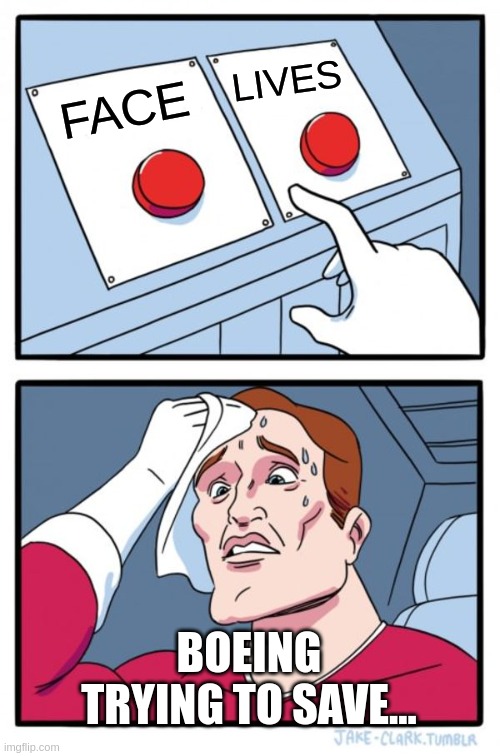

 91·6 months ago
91·6 months agoThanks for the link, but it seems it is lacking or only includes certain people, only one whistle blower for Boeing:
2024 | Ed Pierson | Male | Boeing
Testified before United States congress about working conditions in Boeing’s Renton, Washington facilities leading to mistakes and damaged parts implicated in the crashes of two airplanes that killed 346 people when the Maneuvering Characteristics Augmentation Systems (MCAS) were triggered.[411]
https://www.nytimes.com/2019/12/09/business/boeing-737-max-whistleblower.html

 1011·6 months ago
1011·6 months agoI think you replied on the wrong thread…
A spambot is a computer program designed to assist in the sending of spam. Spambots usually create accounts and send spam messages with them.

 83·6 months ago
83·6 months agoAin’t that the sad truth!

 01·6 months ago
01·6 months agoGeorge does mention US imperialism at the end.
Timestamps: 19:10 talks about dictatorship and imperialism

 01·7 months ago
01·7 months agoWas he not a business owner and landlord prior to 2016, when he gave great support to Bernie Sander and the movement?
If you keep up with him and his talks, he speaks on talking to anyside that will help his community improve.
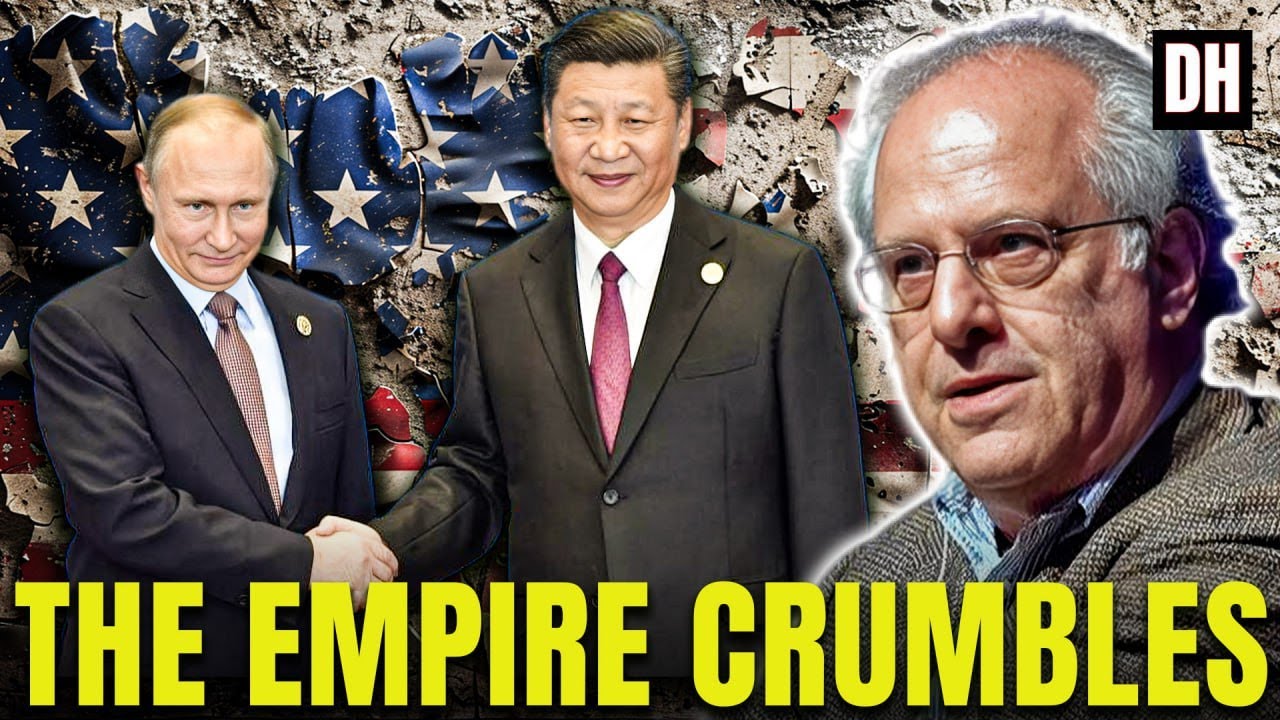

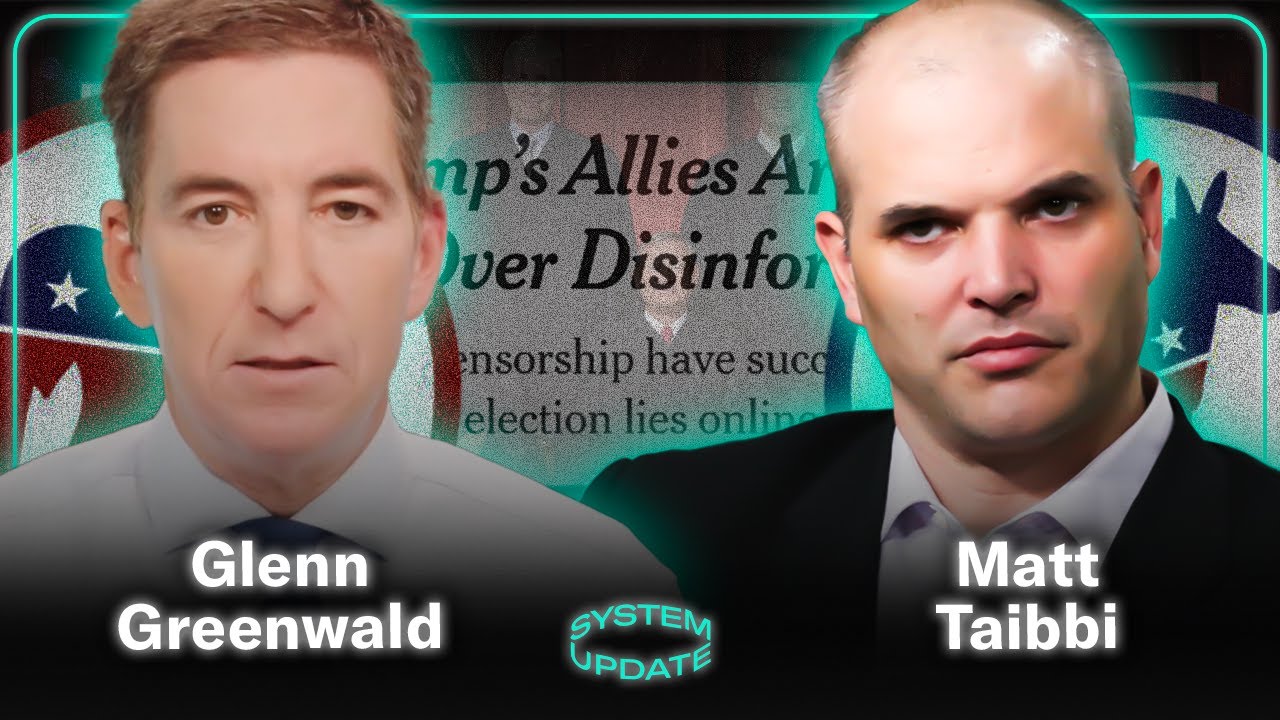

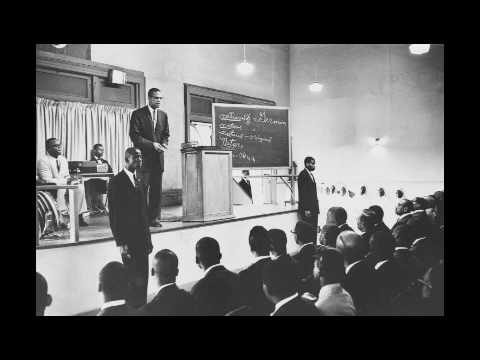

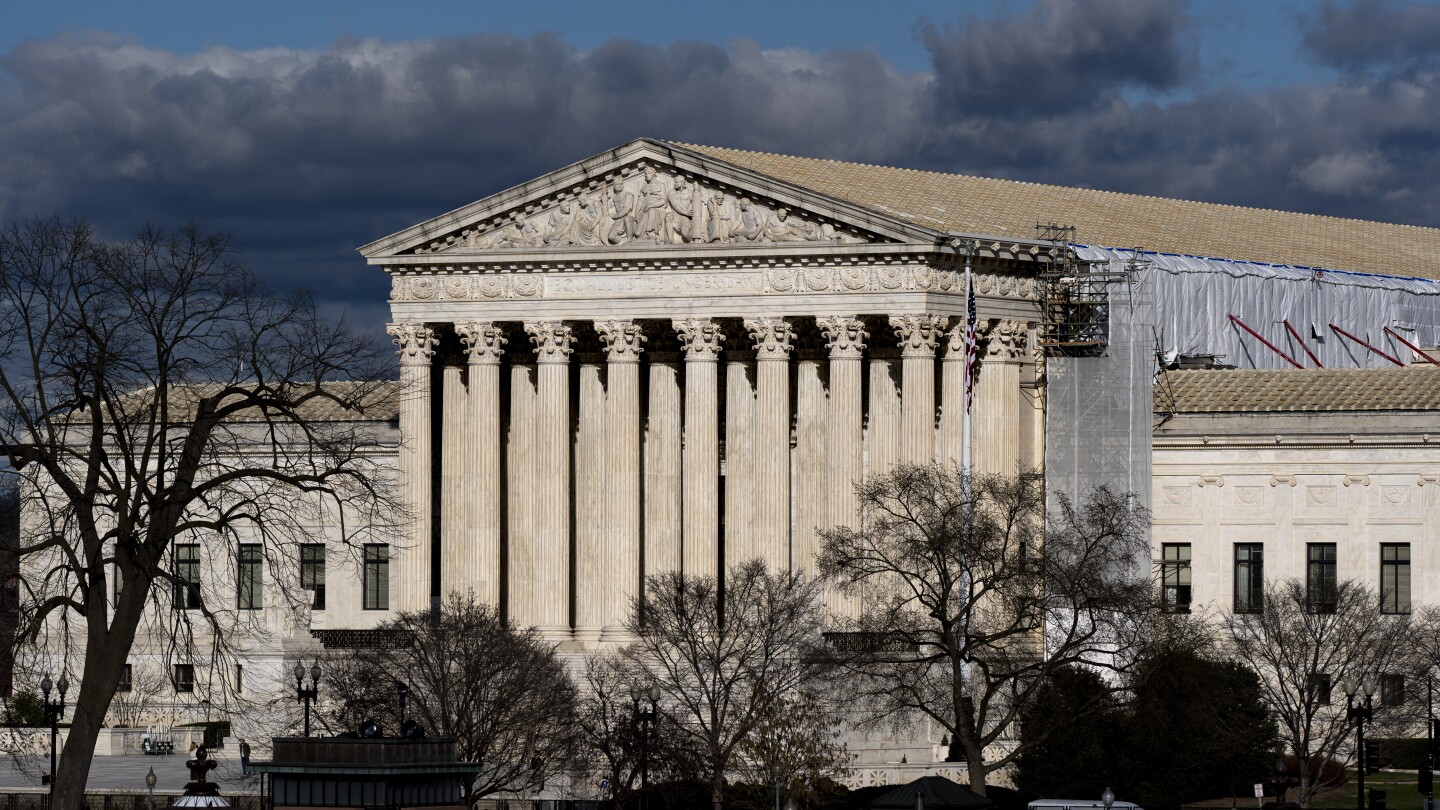

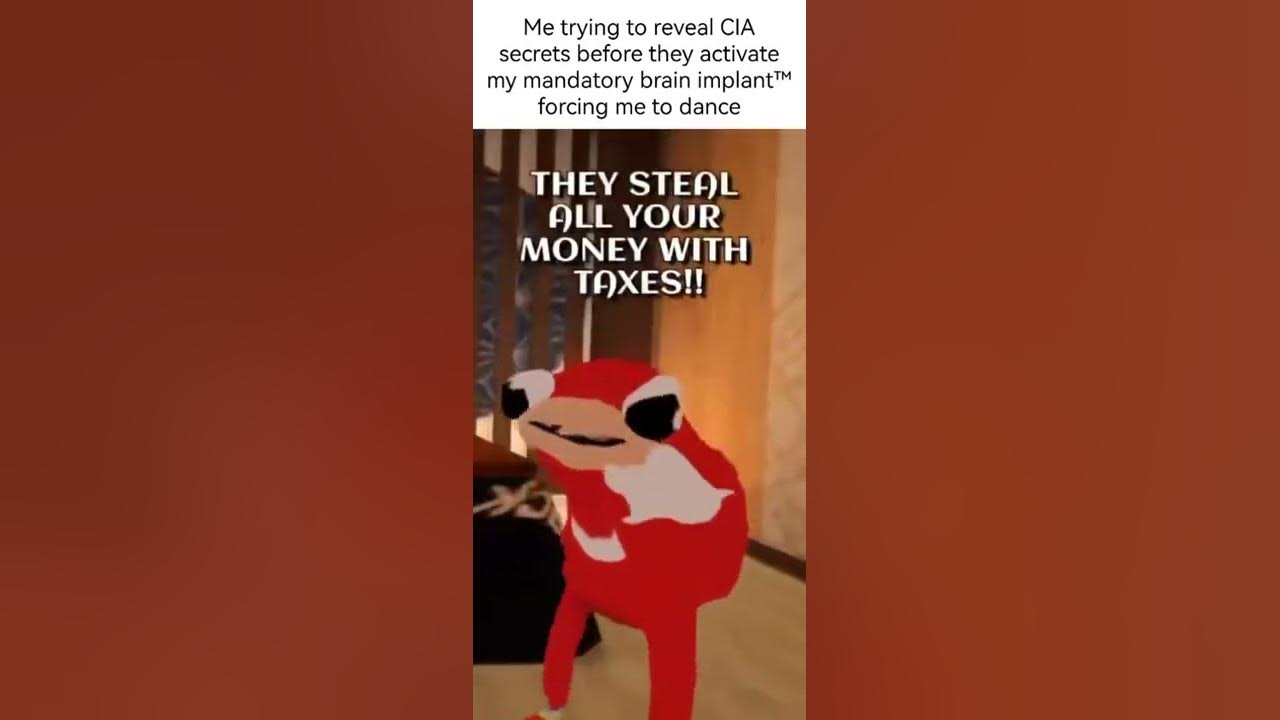
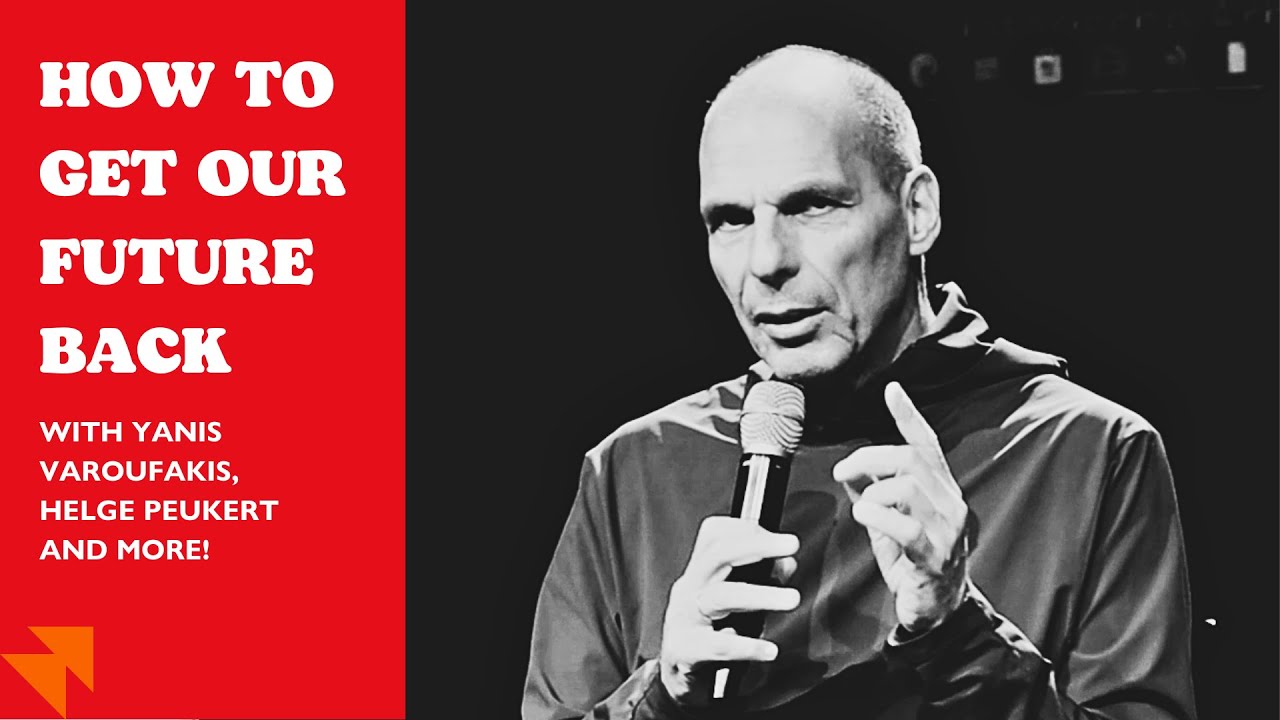
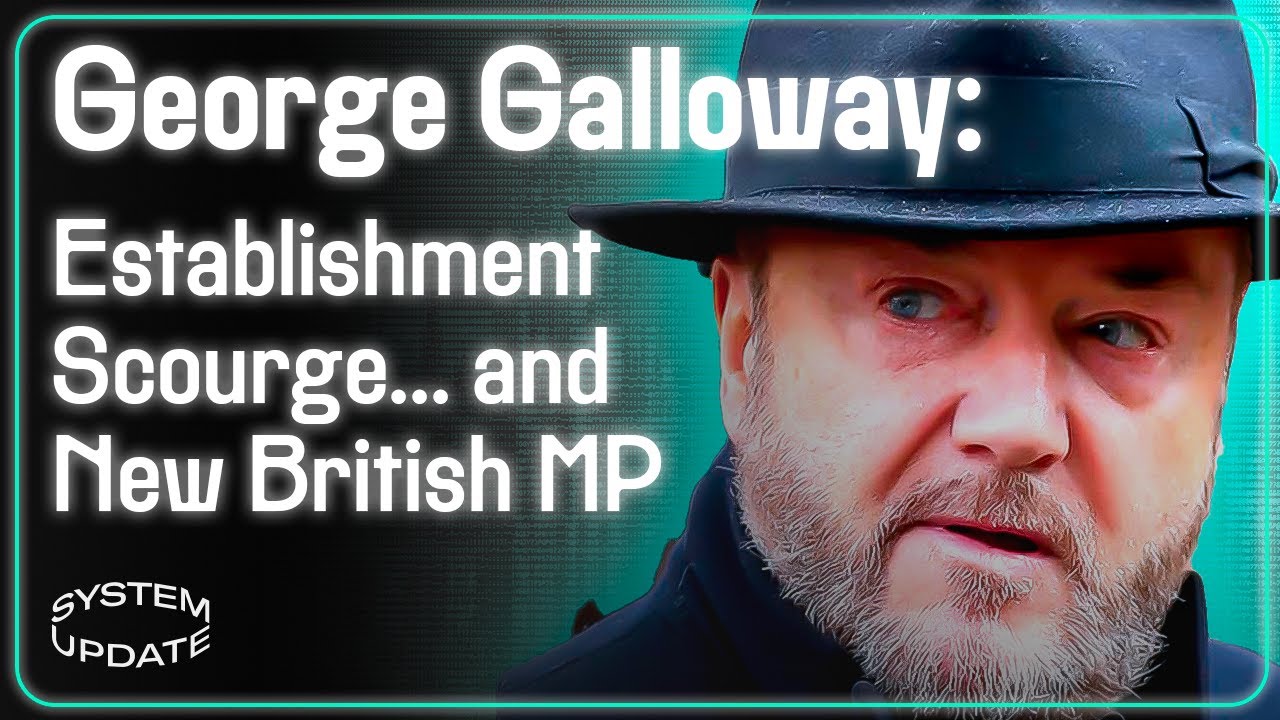

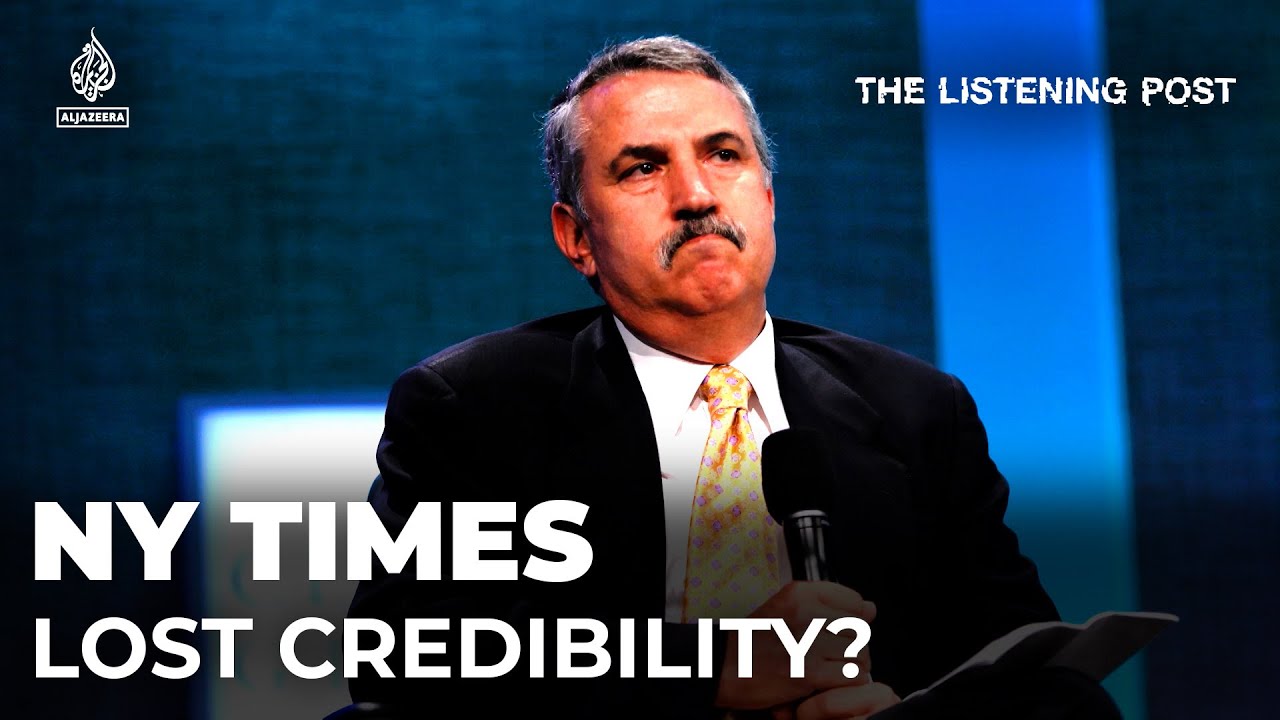

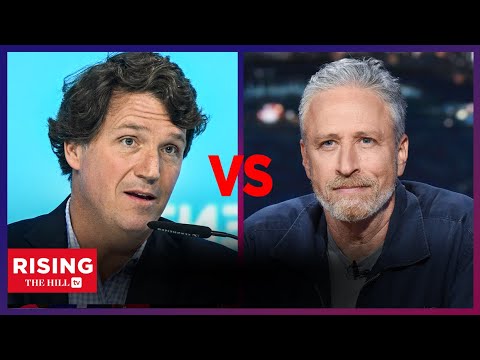
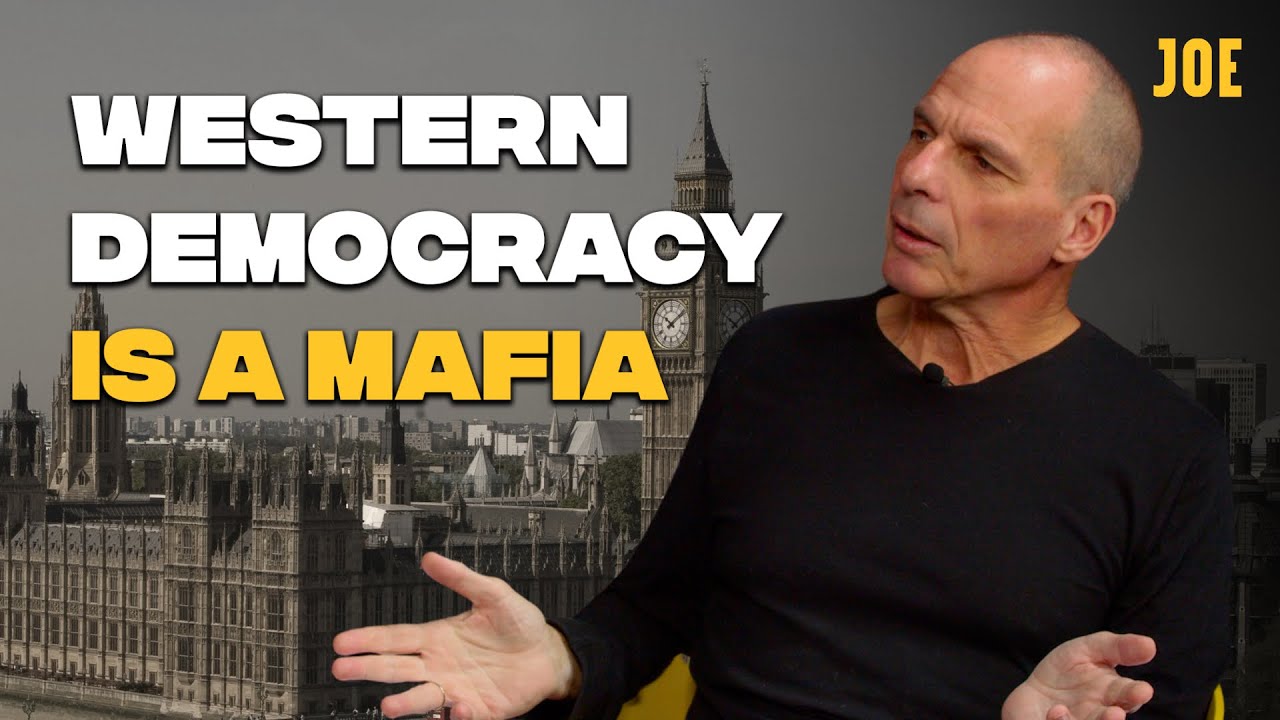
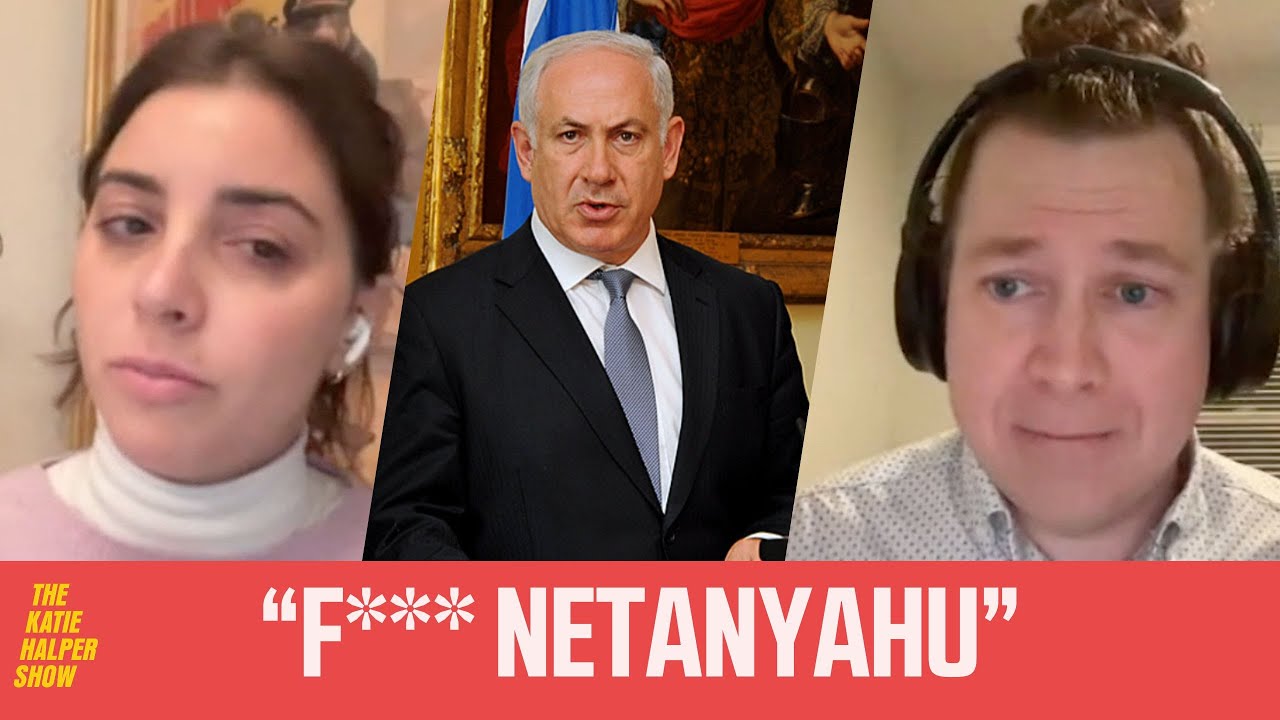
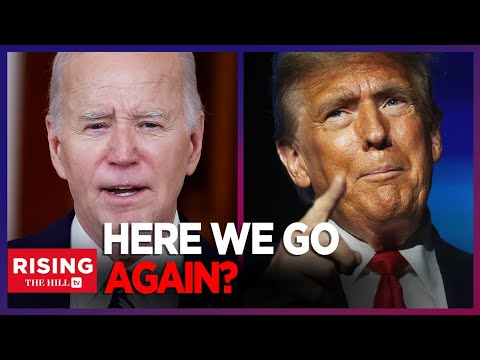
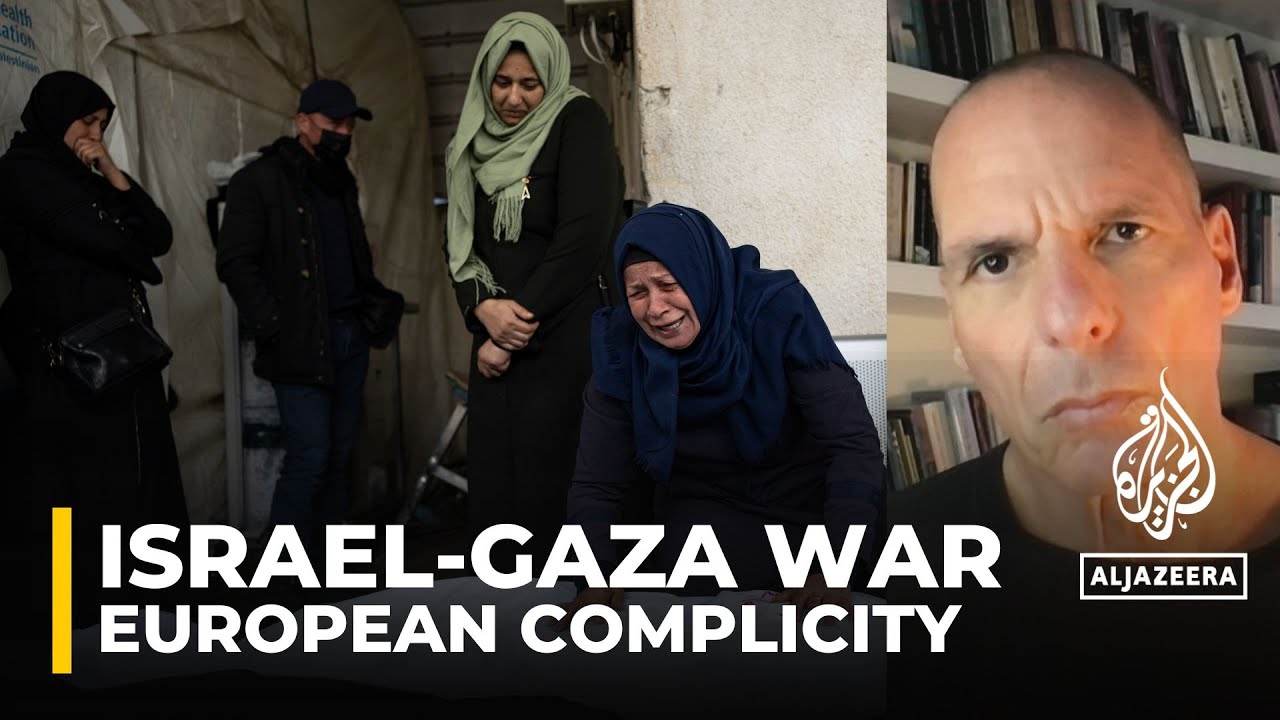
@NotJustBikes 9 months ago